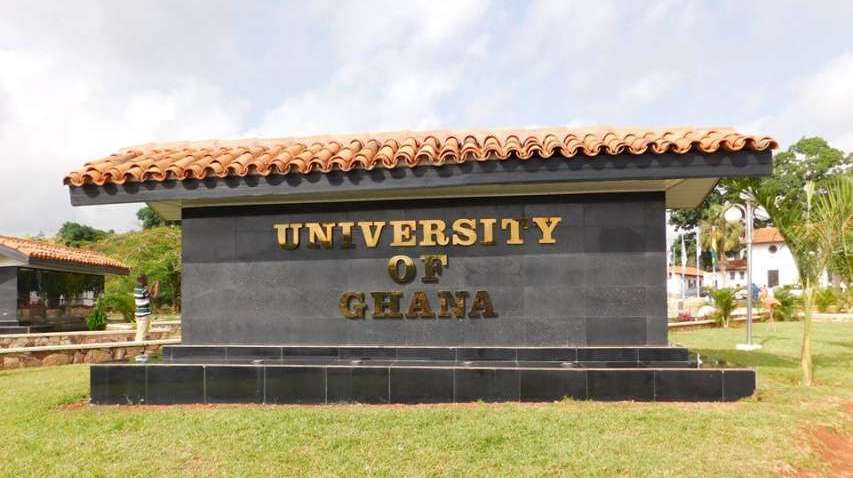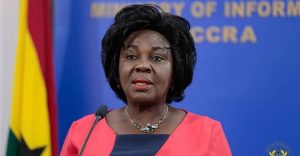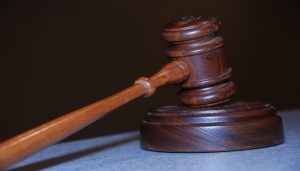The University of Ghana branch of the University Teachers Association of Ghana, UTAG, has condemned the alleged invasion of the University of Ghana campus by National Security operatives.
“The National Security intrusion violates the rights of not only the students but academics and staff who together constitute the academic community,” UTAG said in a statement.
On October 20, 2021, some national security operatives were deployed to police the election of the new leadership of the Students Representative Council, SRC.
But UTAG said the consent of the management of the university was not sought before the deployment of the security personnel.
“First, there should be a clear, present, and imminent danger to life and property. Second, the head of the institution concerned must extend a written invitation to that effect. Third, such an invitation must be approved by an elected standing committee of the academic community set up on that behalf,” it argued.
UTAG stressed that its academic freedom must be respected and called on the Minister for National Security “to provide an explanation and apology for this infringement.”
Find below the full statement
PRESS STATEMENT ON THE INTRUSION OF NATIONAL SECURITY OFFICIALS ON THE UNIVERSITY OF GHNA CAMPUS DURING THE RECENT STUDENT REPRESENTATIVE COUNCIL ELECTION
Our attention has been drawn to the invasion of National Security Personnel on the University of Ghana campus, to police the just ended Student Representative Council (SRC) election, on October 20, 2021, without the knowledge, consent, or authorization of the Management of the University. We have also seen online media reports that suggest that the University has accepted and justified such intrusion. We respond as follows:
- The University of Ghana branch of the University Teachers’ Association of Ghana (UG-UTAG) takes serious exception to the intrusion and strongly condemns it as a blatant move to undermine academic freedom and the right of students to freely exercise their democratic choice. Any official of the University who may have granted an interview to suggest a justification of such intrusion by the National Security may have misspoken. By the Basic Laws of the University, universities are entitled to enjoy some institutional autonomy, and their campuses are expected to be out of reach of security personnel, except where invited by the management of the universities themselves. To ensure law and order, public universities have their own security personnel and can call on regular security agencies for reinforcement when the need arises.
- Article 14 of the Kampala Declaration on Intellectual Freedom and Social Responsibility provides that “the State shall not deploy any military, paramilitary, security, intelligence, or any like forces within the premises and grounds of institutions of education.” It states that, where such deployment becomes necessary in protecting life and property, three key conditions must be satisfied. First, there should be a clear, present and imminent danger to life and property. Second, the head of the institution concerned must extend a written invitation to that effect. Third, such an invitation must be approved by an elected standing committee of the academic community set up in that behalf. Clause 19 of the UNESCO Recommendations on the Status of Higher Education Personnel (1997) also stipulates that, “Member States are under an obligation to protect higher education institutions from threats to their autonomy coming from any source.” The instruments are considered as important pillars for upholding academic freedom in universities, which Ghana is obliged to respect, in line with the relevant provisions of the 1992 Constitution.
- The National Security intrusion violates the rights of not only the students but academics and staff, who together constitute the academic community. Students have the right to conduct their elections and select those who must lead them, and the universities have their own internal security arrangements that competently oversee such processes. We, therefore, condemn the National Security intrusion on campus as an attack on academic freedom. We unequivocally assert our right to academic freedom as provided under the 1992 Constitution and invite the Minister for National Security to provide an explanation and apology for this infringement. We further give notice that, we will not condone any such intrusion in the future.







